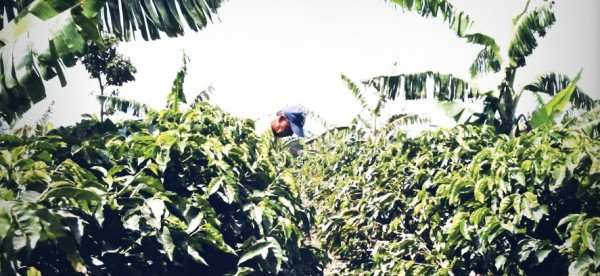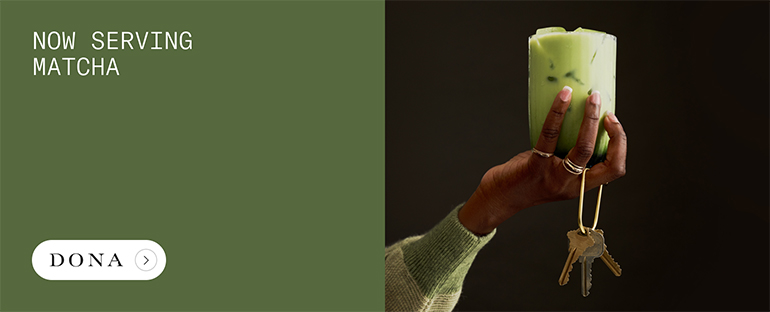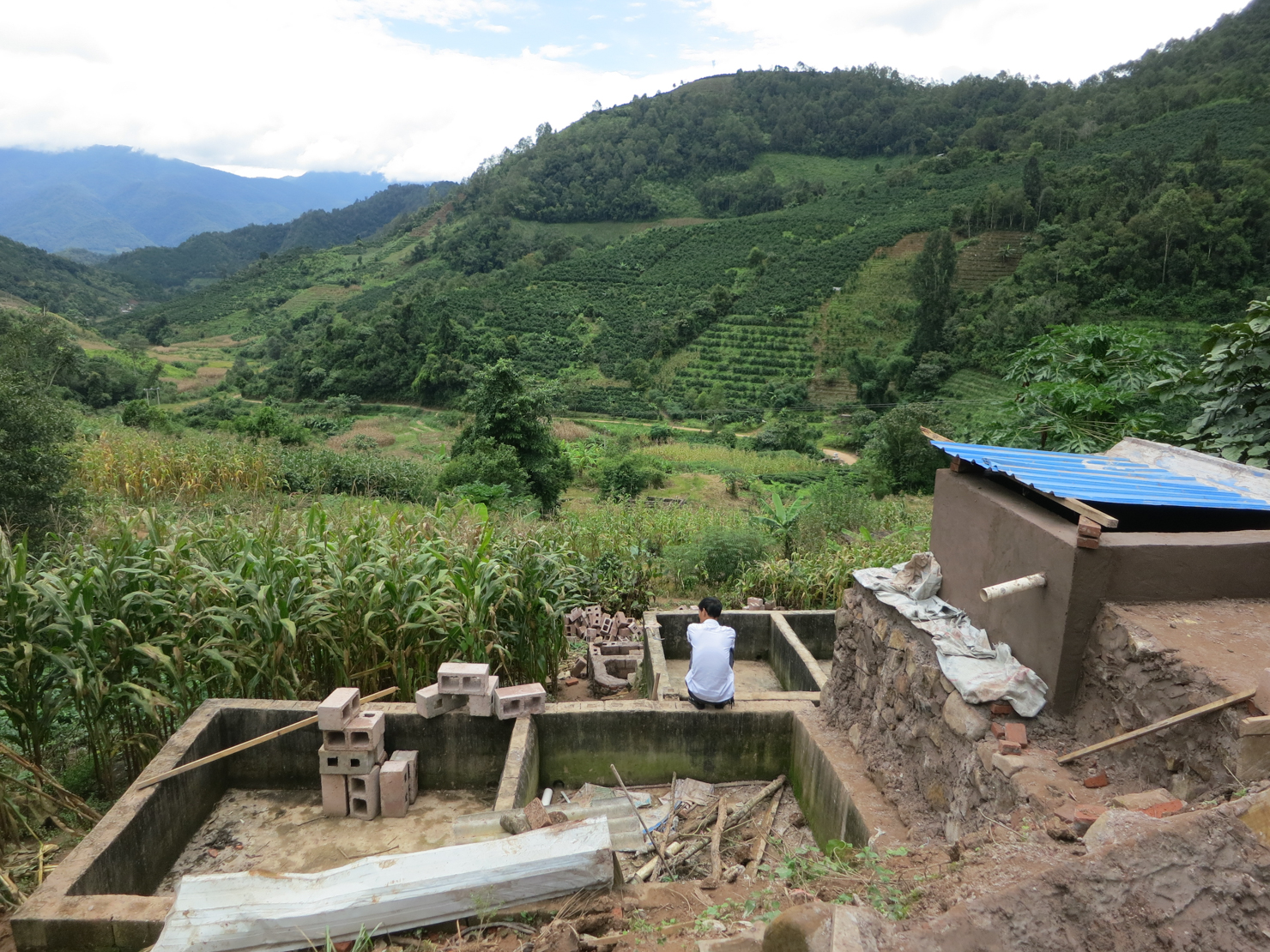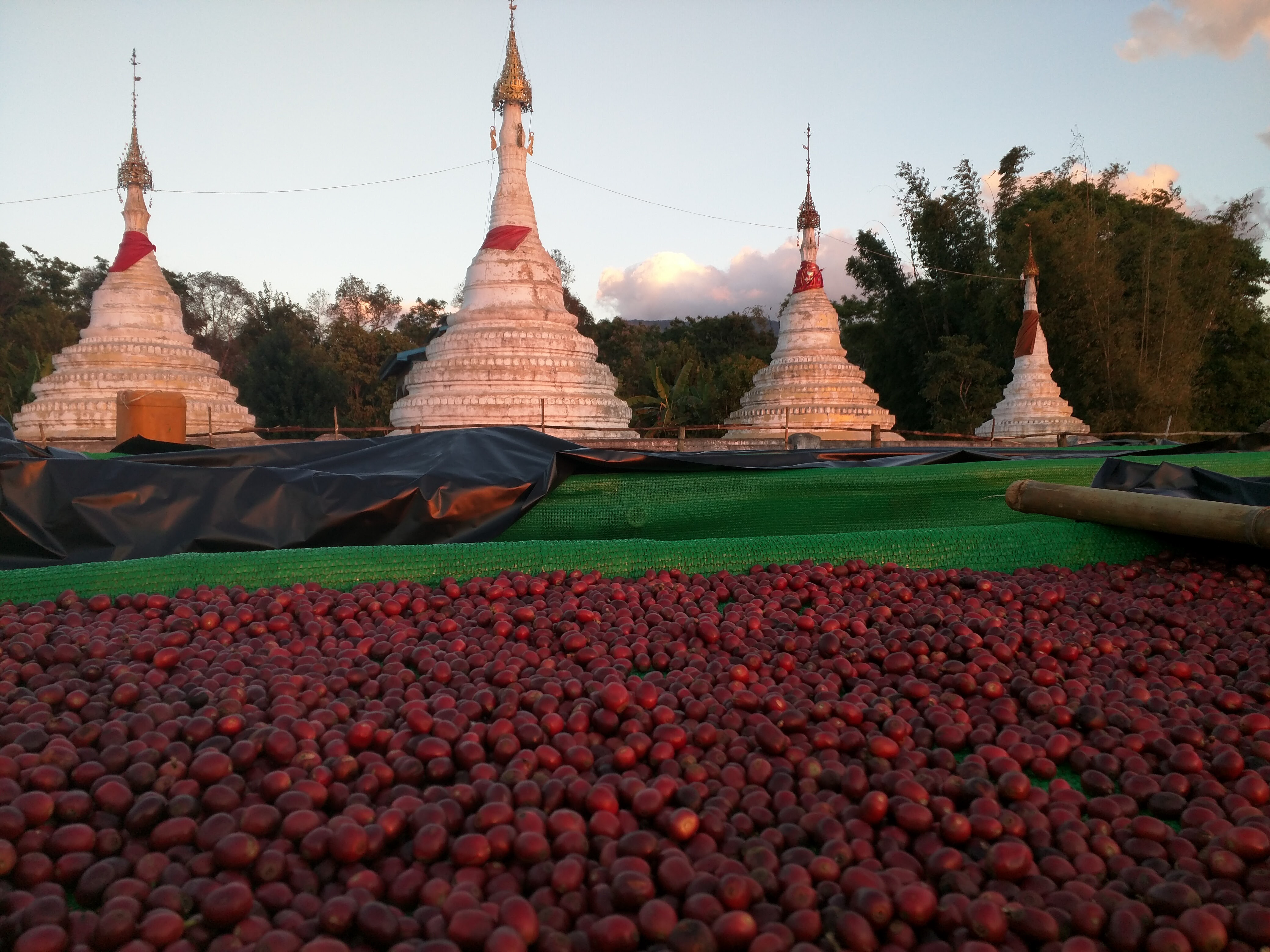This just arrived in our inbox from our friends at Exclusive Coffee, Costa Rica’s premiere coffee exporter and fan of Sprudge.com. Their distinctive “Golden Coin” ad has been proudly displayed on our sidebar for the last year, and as of late, they’ve been sponsoring workshops with “micromill” farmers in Costa Rica. Read on to learn more:
Hi Sprudge! We want to share with you some notes on our nice moments with coffee producers throughout the year. We have been celebrating in the past weeks, with workshops with Central Valley, West Valley and Tarrazu Region producers /micro millers, focused on the importance of the soil in developing quality. The workshops focus on soil conservation, management and nutrition as basic steps for developing outstanding cup quality.
Experts from various companies shared their knowledge for a day on the various aspects such as soil composition and its elements, soil analysis, soil nutrition and conservation and how these steps combined with the varietal and climate, develop the attributes in the cup.
We also focused on the age of the coffee tissue as a critical factor as well. We had over 60 producers-micro millers attend it, with great attention and enthusiasm. Thank you for your continuous support to Costa Rica’s Micromill Revolution!
In the past, we’ve enjoyed a whole slew of coffees that Exclusive provided, including Laila Ghambari’s NWRBC Costa Rica Helsar from Stumptown. You can find Exclusive Coffees at Stumptown, Café Imports, Sweet Maria’s, Willoughby’s, Mad Cap, Ritual, Four Barrel, Verve, Flying Goat, Kaldi’s, Electric City Roasting, Solberg and Hansen, Kaffa, Koppi, Johan and Nystrom, Wataru & Co., Maruyama Coffees, and Bontain Coffees.
*****
Francisco Mena, the man behind Exclusive Coffees, is featured in a Reuters article out of Costa Rica about the growing “Direct Trade” movement. Read the revised piece over here, where they’ve corrected Sarah Kluth of Intelligentsia’s name from “Klutz”.
The trend is known as ‘direct trade’ and is competing with other marketing tools for farmers like certified or organic labels to appeal to coffee connoisseurs.
“There’s a change: you’re not a coffee cherry producer any more. You are a coffee entrepreneur,” said trader Francisco Mena, who brings farmers and roasters together at his sleek office outside of Costa Rica’s capital San Jose.
Mena leads workshops for growers trying to improve the quality of their “cup,” what professionals call the unique flavor mix that can come from a particular coffee bean.
Growers can sell high-end coffee to foreign buyers for premiums of up to $1.50 per lb above market prices.
Thomas Nottebohm, the head of Guatemala’s coffee exporters’ association, says he has seen coffee giant Starbucks buying less in Guatemala and Costa Rica in recent years, leaving producers looking for alternatives. Starbucks has declined in the past to provide details on its purchasing.
But direct trade still represents a tiny sliver of the coffee market. “The farmer and exporters are looking to fill the demand void with micro lots (but) it’s like putting a bit of sand to stop a flood,” Nottebohm said.



















